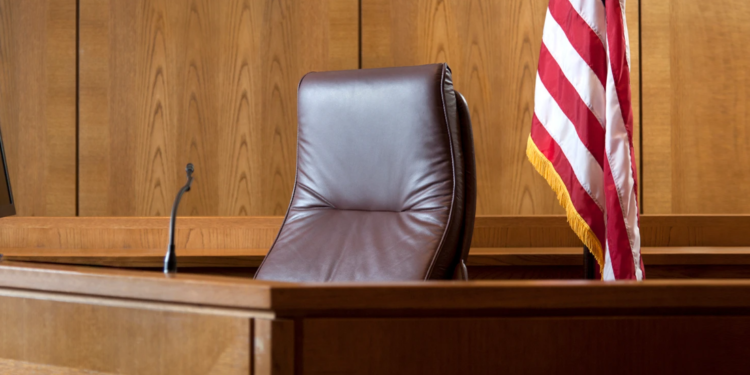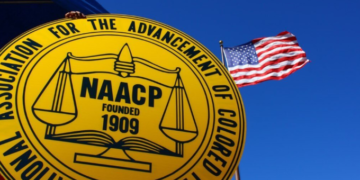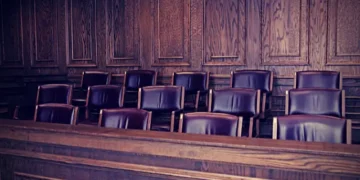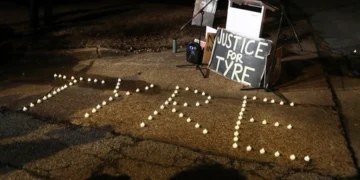Dec 18, 2024 Story by: Editor
A Massachusetts Appeals Court panel indicated Monday that striking a Black prospective juror for expressing skepticism about the fairness of the criminal justice system could be a valid, race-neutral reason for exclusion.
Under Massachusetts law, jurors can only be removed for reasons unrelated to race, gender, or other protected characteristics, following the Massachusetts Supreme Judicial Court’s precedent in Commonwealth v. Soares and the U.S. Supreme Court’s decision in Batson v. Kentucky.
During oral arguments, Associate Justice John Englander questioned whether the prospective juror’s criticism of the justice system was inherently tied to racial bias. “If someone says I don’t think the system is fair, how is that based on race?” Englander asked.
This line of reasoning aligns with a broader debate over whether views on systemic justice inequities should disqualify jurors. Critics argue that dismissing jurors based on their perspectives on institutional bias disproportionately excludes people of color, who are statistically more likely to hold such views due to lived experiences with inequality in the legal system.
The Massachusetts Appeals Court’s position echoes a trend in legal interpretations highlighted in Justice System Criticism Justifies Striking Juror, Court Hints, a recent Bloomberg Law report. The report underscores courts’ increasing reliance on purportedly race-neutral explanations, such as dissatisfaction with the justice system, to justify peremptory strikes. However, it raises concerns about whether such dismissals indirectly perpetuate racial biases.
The Bloomberg report referenced recent cases where prospective jurors’ mistrust of the system was used as a justification for exclusion. It noted that while courts often accept these justifications at face value, they can face challenges under Batson when disproportionately impacting jurors of color.
Legal experts caution that rulings permitting such strikes might weaken safeguards against discrimination in jury selection. As courts weigh the balance between race-neutral rules and equitable representation in juries, the Massachusetts case could set an important precedent in how such challenges are evaluated.
The court’s decision, which remains pending, may influence how attorneys and judges across the country handle juror exclusions tied to critiques of the justice system—an issue that strikes at the heart of debates on fairness and equity in the legal process. Source: Bloomber Glaw

















